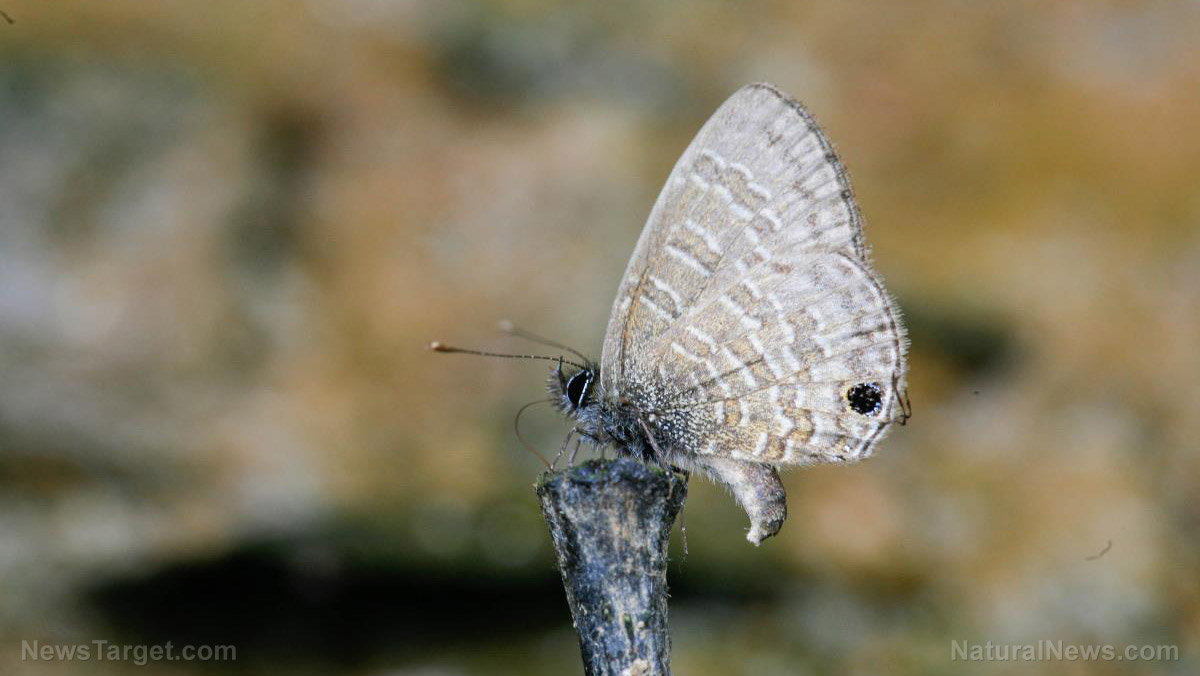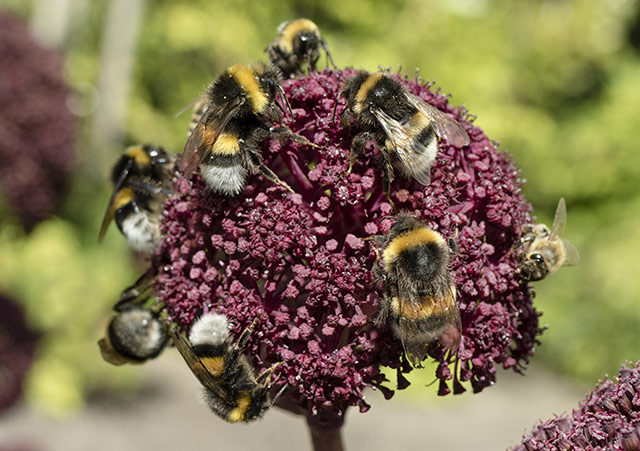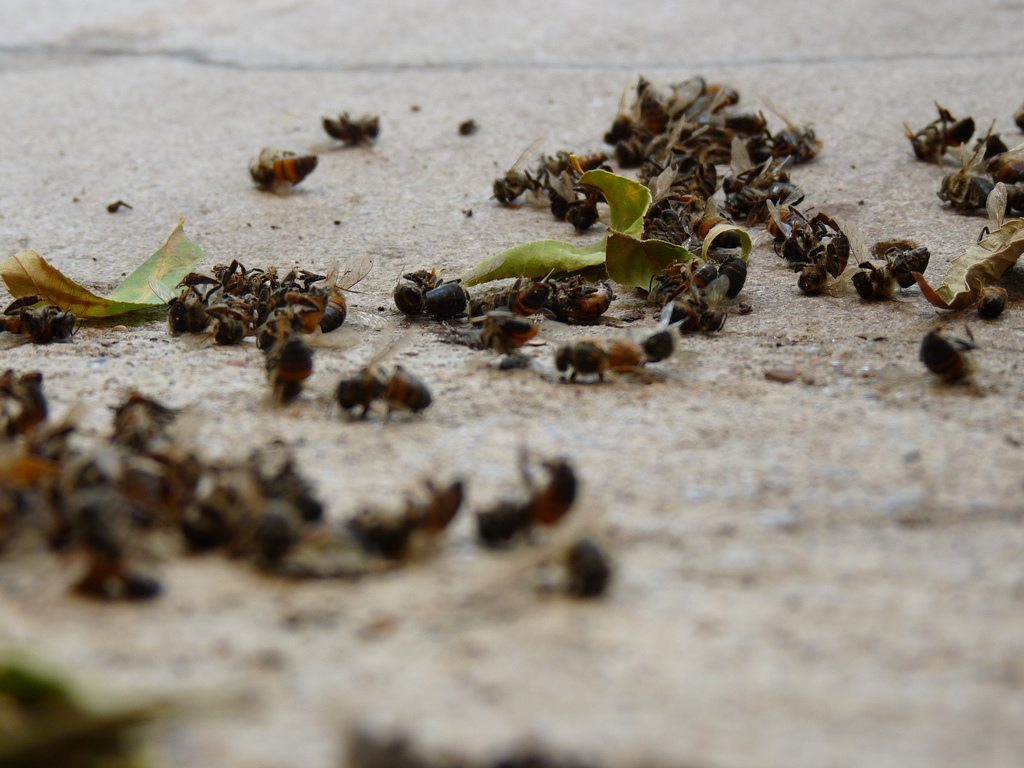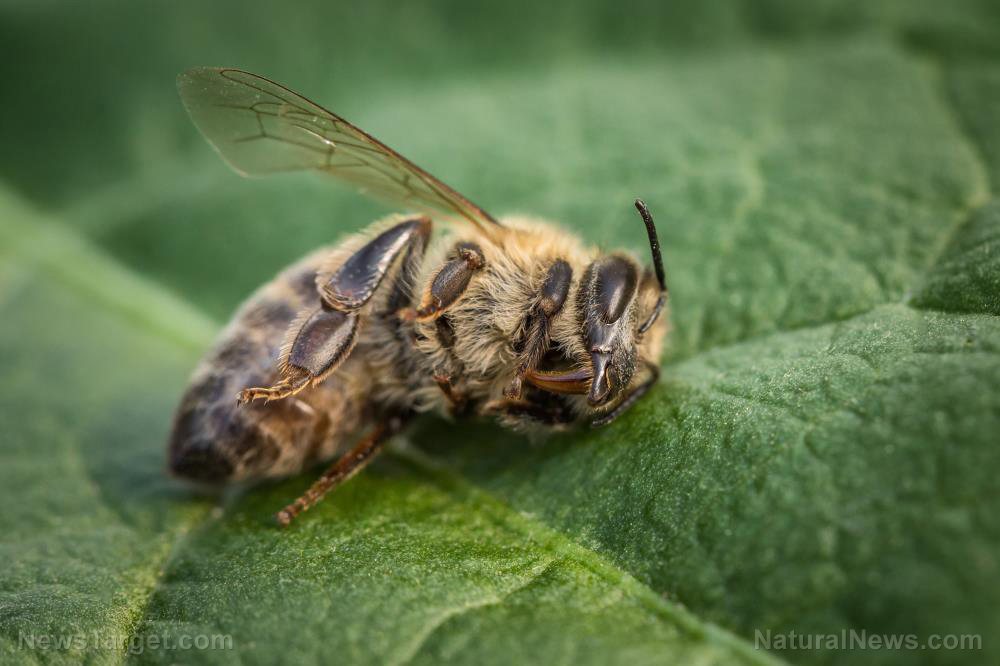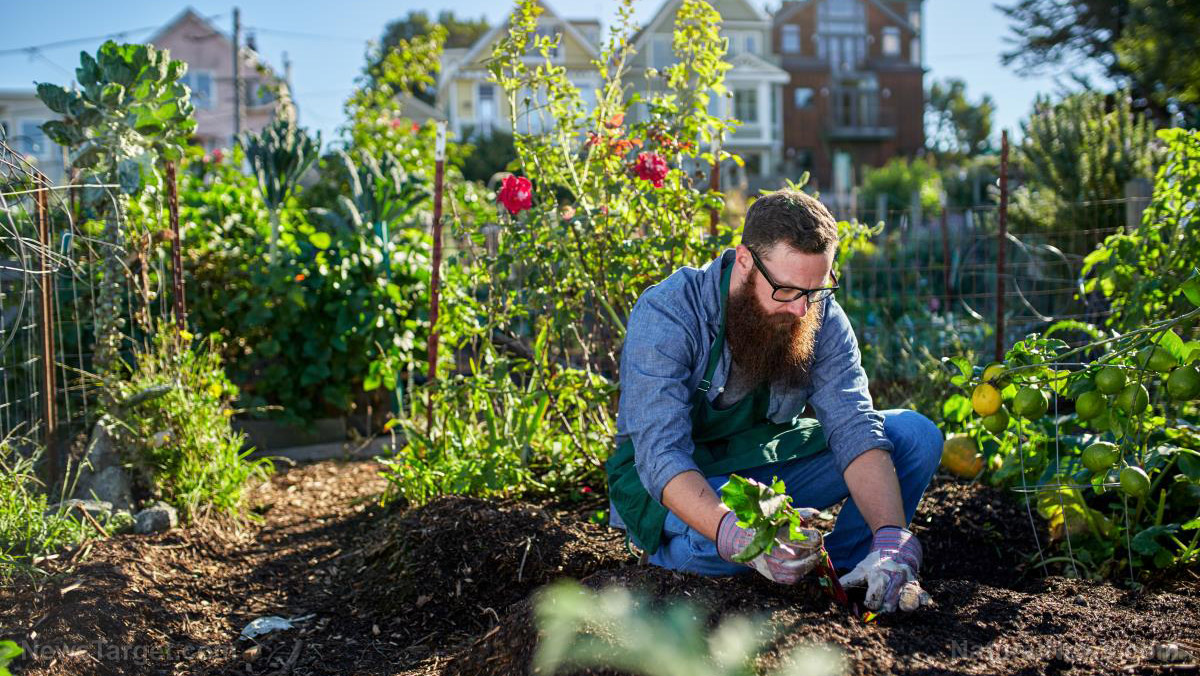
Honey bee colonies in the U.S. are dying off because of various factors like disease, parasites, pesticides, and poor nutrition. When bees die off, beekeepers have to work twice as hard to save entire colonies.
In 2017, an alarming 40 percent of U.S. honey bee colonies died, indicating a 33 percent increase compared to 2016. While this doesn't necessarily mean fewer bees since beekeepers can still salvage a dead colony, the loss of colonies are linked to labor and production costs.
In an interview with USA Today, Dennis van Engelsdorp, an assistant professor at the University of Maryland, said that when colonies die, beekeepers have to charge farmers more for pollinating their crops. This could then cause a drop-off in fruits and nuts that need to be pollinated. Bees pollinate one out of every three bites of food eaten in America and $15 billion worth of crops yearly.
Margaret Lombard, CEO of the National Honey Board (NHB), advised that dwindling colony counts double the work of beekeepers. To help them out, Lombard suggests buying honey and donating to local organizations that support beekeepers. Another option is to plant certain flowers and herbs to create a bee-friendly garden.
Almost a decade ago, beekeepers all over the country started noticing that their hives were dying off at a worrying rate. This was the start of a phenomenon called colony collapse disorder (CCD), which is still a major concern in the U.S. and across the globe. Over 60 factors could be contributing to CCD, and the mass die-offs could be caused by some factors like the use of pesticides and the destruction of bee habitats.
How can you save the honey bees?
According to experts, everyone can do their part to help save these pollinators. In fact, by making small changes to your home patio or garden, you can save honey bees.
Plant "pollinator-friendly" flowers and herbs in your garden
Honey bees help transfer pollen from plant to plant, which is necessary for reproduction. The NHB suggests that you grow plants that are native to your area. Check the Xerces Society for Invertebrate Conservation to learn more about the plants that may work best for you.
If you live in the Northeast, you can plant pussy willows and wild geraniums. For those in the Southeast, consider narrow leaf sunflowers and pasture roses. You can find suitable pollinators by consulting someone at a local nursery.
Flowers and herbs must be planted somewhere that gets enough sunlight for them to grow, but it must also be windless enough so it doesn't blow away the bees.
Leave some water for bees
Like most living creatures, bees need to stay hydrated for proper digestion, to dilute stored honey, and to regulate their temperatures. Set out a "bee bath" or a small plate of water. A shallow container with marbles or rocks that bees can land on is another alternative.
Use natural insecticides and pesticides
Avoid pesticides with harmful chemicals. A safer alternative is to remove weeds by hand or to use organic pesticides. (Related: Research finds probiotics are effective at improving survival rates in honey bees exposed to pesticides.)
Buy organic produce
When you support local farmers, you make sure that the food you eat isn't adding to the pesticide problem. Even small doses of pesticides can harm bees and even if this doesn't kill them, chemicals can affect their memory and ability to learn.
Plant more fruits, vegetables, and herbs
Bees are attracted to fruits, vegetables, and herbs. By cultivating these crops you can help feed these pollinators. Bees have trouble recognizing the color red, so plant blue, purple, violet, white, or yellow flowers or plants.
Be more mindful of the food you eat and grow more produce to help save our honey bees.
You can read more articles about bee preservation and CCD at Bees.news.
Sources include:
Please contact us for more information.

















